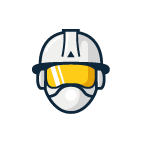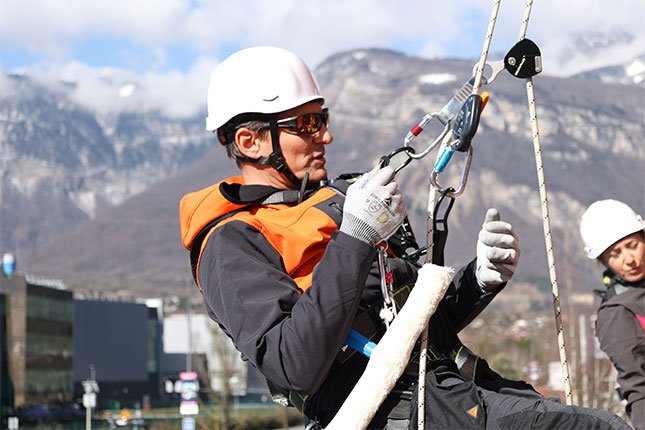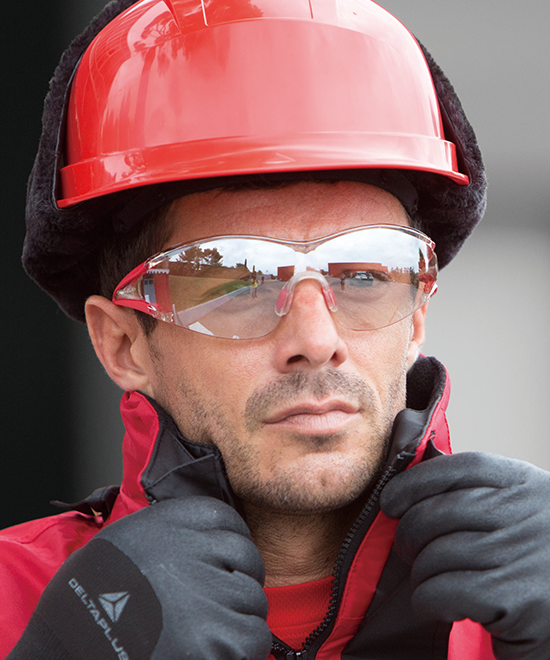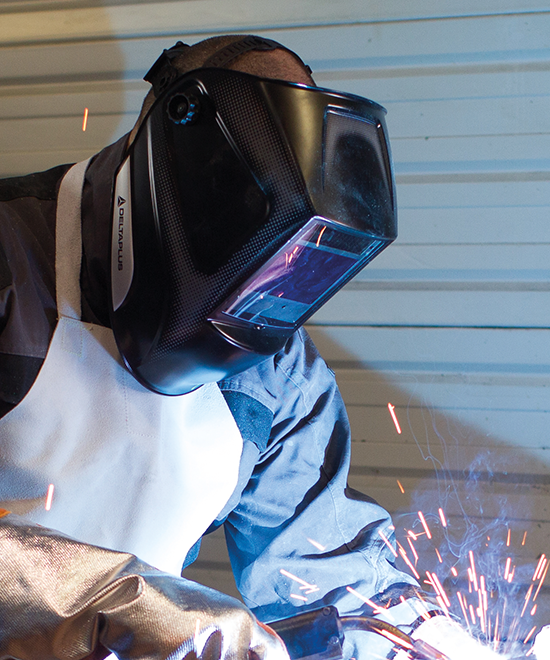
Un proyectil incontrolado puede destruir su visión. Descubra todos nuestros modelos de protección ocular como gafas de seguridad, gafas protectoras o pantallas faciales para evitar cualquier riesgo.


Un proyectil incontrolado puede destruir su visión. Descubra todos nuestros modelos de protección ocular como gafas de seguridad, gafas protectoras o pantallas faciales para evitar cualquier riesgo.

The decision to wear safety glasses can mean the difference between safeguarding your vision or risking potential harm. Ensuring eye protection is particularly crucial in work environments where there's exposure to occupational hazards.
Safety glasses are designed to shield your eyes from a multitude of threats. One of the most common are flying debris or particles, often encountered in jobs involving woodworking, metal grinding, or other similar tasks. Safety eyewear serves as a physical barrier, preventing these objects from making harmful contact with your eyes.
Besides physical threats, safety glasses can protect against chemical hazards too. In certain industries, like healthcare or chemical manufacturing, there's a high risk of contact with dangerous substances. Safety eyewear can prevent chemical splashes from reaching the eyes, protecting them from potential burns or irritation.
Safety glasses with UV-protection are invaluable for workers often exposed to the sun. Prolonged UV exposure can lead to conditions like cataracts or photokeratitis. By filtering out harmful UV radiation, safety glasses safeguard not just your vision, but also the health of your eyes.
Another benefit of safety glasses is the ability to mitigate glare, often an issue in brightly lit environments or outdoors. Anti-glare coatings on safety eyewear can reduce eye strain and improve comfort.
Even for those with vision correction needs, prescription safety glasses ensure that workers don't have to compromise on either vision or protection.
In conclusion, wearing safety glasses is an easy yet vital step in preserving your eye health, preventing a wide range of possible eye injuries in various work environments.

Travailler sans protection des yeux appropriée peut entraîner de nombreux risques et dangers pour la santé des travailleurs. Les yeux sont extrêmement sensibles et vulnérables aux blessures et aux infections, et ils peuvent être facilement endommagés par des particules, des produits chimiques, des éclaboussures ou des radiations.
Les risques et les dangers encourus sans protection des yeux incluent des blessures oculaires, telles que des coupures, des éraflures, des contusions et des brûlures. Les travailleurs peuvent également être exposés à des produits chimiques dangereux, tels que des gaz, des liquides ou des vapeurs, qui peuvent causer des irritations, des brûlures ou des lésions oculaires graves.
Les travailleurs qui effectuent des travaux de soudure ou de coupage peuvent être exposés à des radiations dangereuses, qui peuvent causer des lésions oculaires permanentes, telles que la cataracte. En outre, les travailleurs exposés à des sources de lumière intense, telles que les lasers, peuvent subir des dommages rétiniens.
Enfin, les travailleurs qui travaillent à l'extérieur peuvent être exposés aux rayons UV nocifs du soleil, qui peuvent causer des lésions oculaires et augmenter le risque de cataracte.
Il est donc important de porter des lunettes de protection appropriées pour protéger les yeux des travailleurs contre ces risques et dangers potentiels. Les employeurs doivent s'assurer que leurs travailleurs portent des équipements de protection individuelle appropriés pour garantir leur sécurité sur le lieu de travail.
